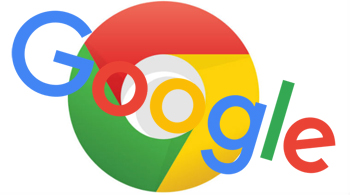Jan 30: Tech bigwigs across the globe are supporting immigrants stranded outside the US, courtesy President Trump"s immigration ban. Taking the concerns and offering support, Google has today announced its largest humanitarian fund in support for people impacted by this order.

These organizations will channelize the received funds to aid immigrants stuck at airports or those who"re in urgent need of finding an accommodation. Further, the funds will also be utilized towards demonstrating outrage among the 50 states and carry out legal actions that counter the ban.
This fund marks the company"s largest crisis campaign ever and adds to the $16 million donations made by Google. Previously, the company has shown its support towards educational programs, internet access, technology development and poverty alleviation.
The mentioned campaign was initially publicized through an internal memo sent by Google CEO Sundar Pichai and was confirmed by a Google spokeswoman late Sunday to USA Today. It reported that Google has at least 187 staff members who could be affected by the said order relative to Muslim dominant countries like Iraq, Syria, Iran, Sudan, Libya, Somalia, and Yemen.
Exhibiting its concerns over the matter, a Google spokesperson commented,
We"re concerned about the impact of this order and any proposals that could impose restrictions on Googlers and their families, or that could create barriers to bringing great talent to the U.S.,We"ll continue to make our views on these issues known to leaders in Washington and elsewhere.
The news comes just after the company recalled all of its employees abroad, who could potentially be impacted by the new order from the administration. Moreover, company"s co-founder Sergey Brin also participated in a protest at San Francisco International Airport.
Apart from Google, executives from Apple, Microsoft, Netflix, Uber, Airbnb and Tesla Motors have also condemned the immigration order. The action so taken was temporarily postponed by a federal judge in New York Saturday night. The tech community"s steps towards the ban clearly state instability of President Trump"s immigrant order and measures.
So far, Lyft has been the single most vocal tech company to have openly condemned Trump administration"s order. It also donated a Million dollars to the ACLU.





Comments
Add new comment